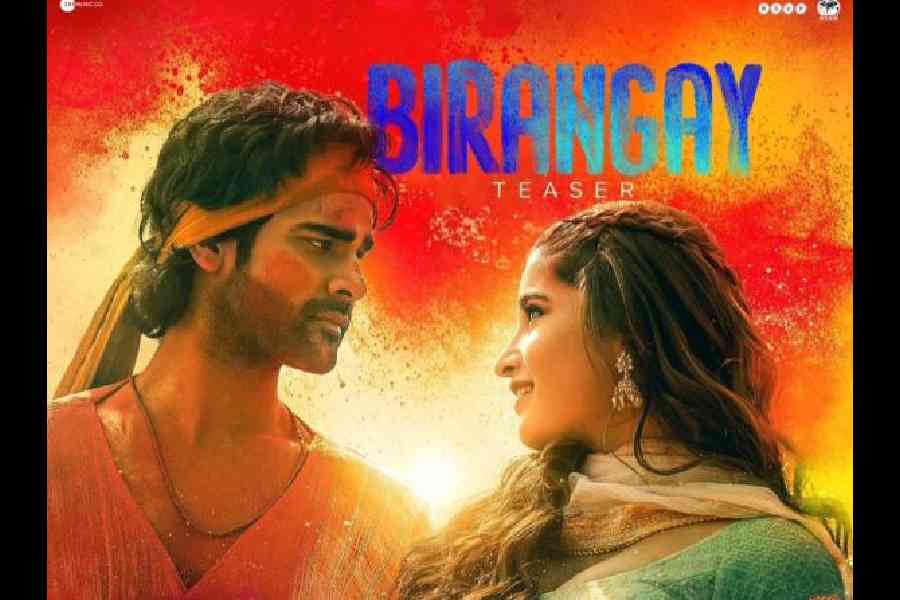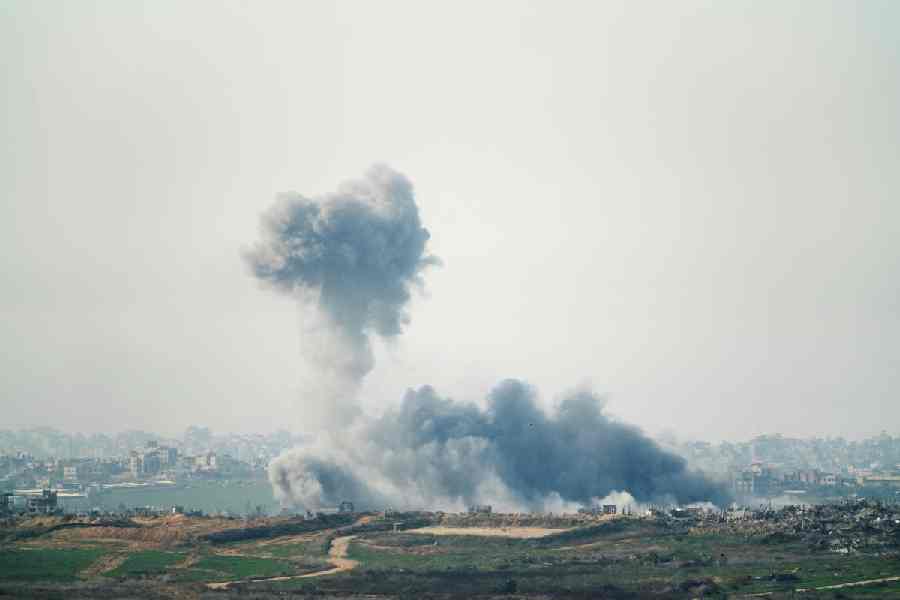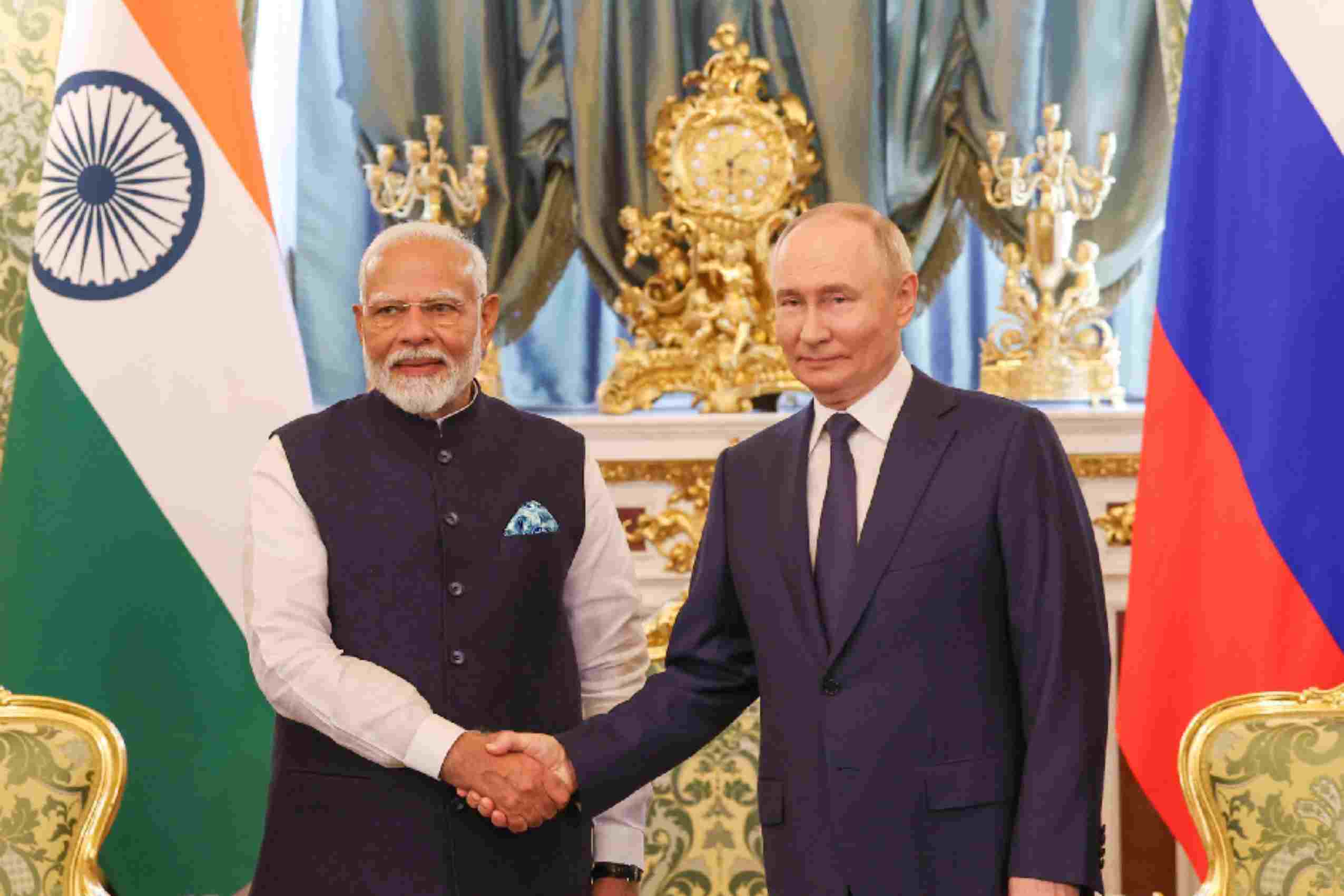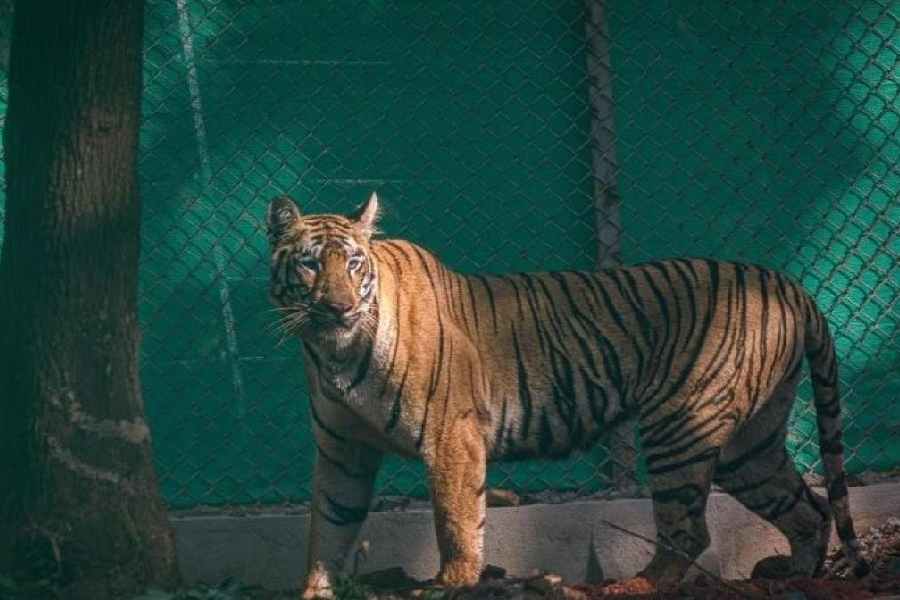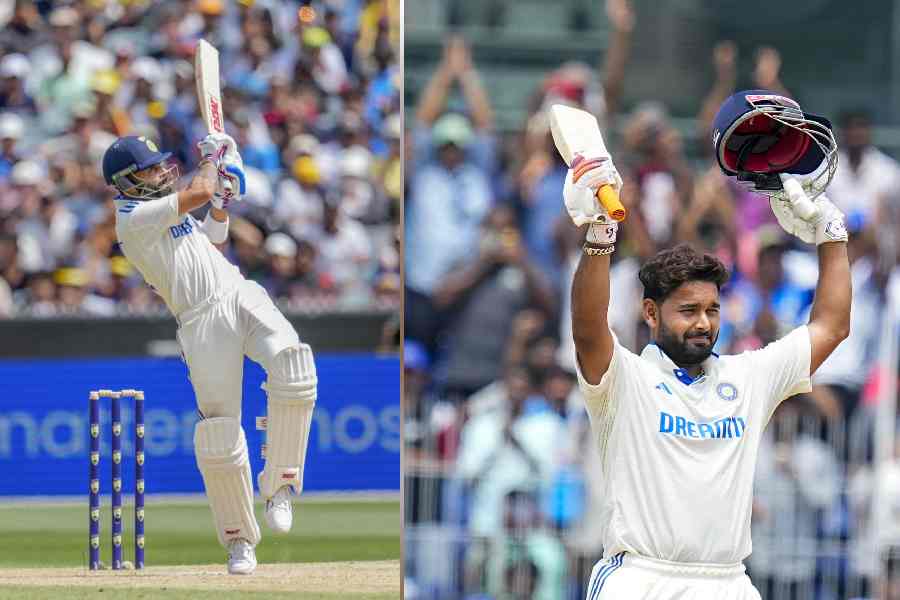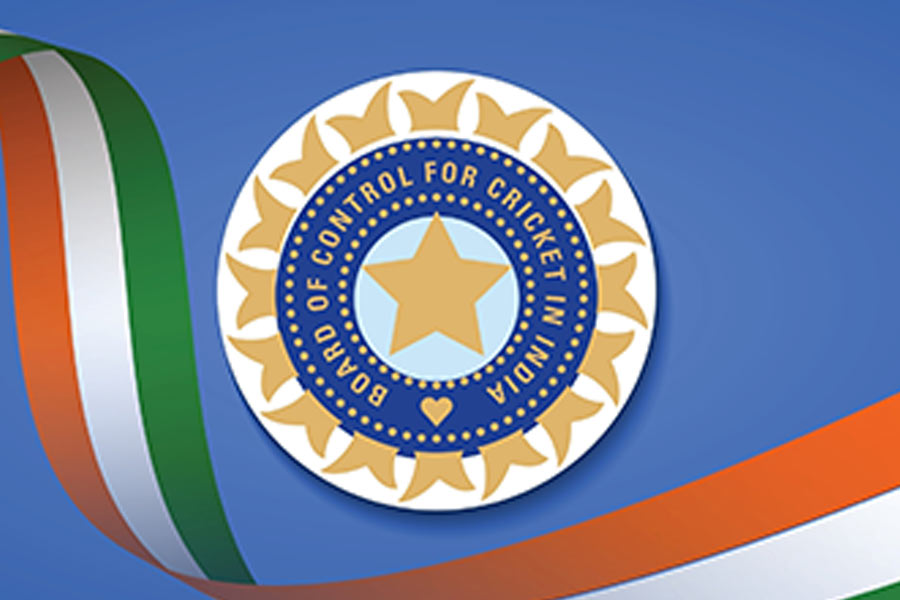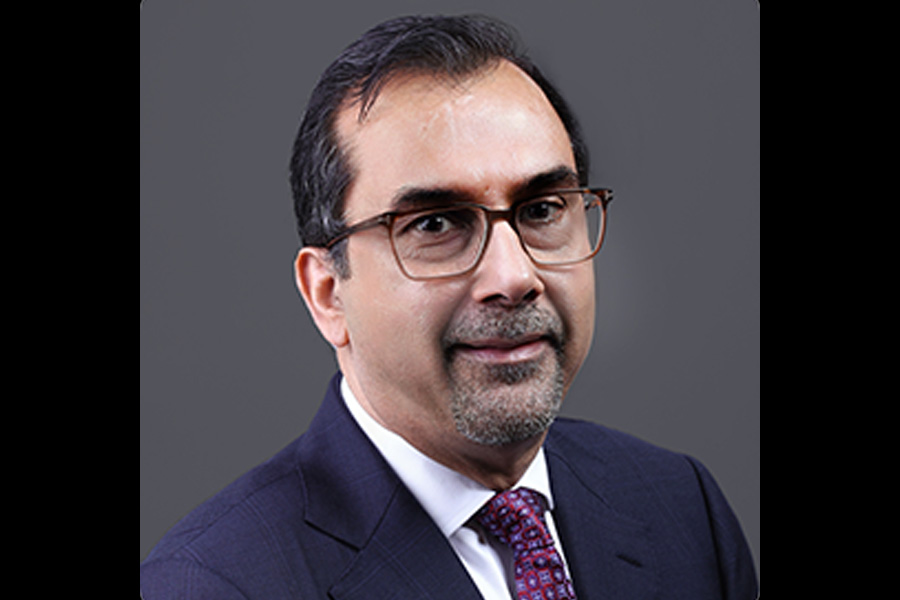He has launched Sara Ali Khan (Kedarnath), introduced Farhan Akhtar to acting (Rock On!!), given TV stars (Sushant Singh Rajput in Kai Po Che!, Prachi Desai in Rock On!!) a big-screen break and paved the way for a few actors (Rajkummar Rao in Kai Po Che!) to get their much-needed breakthrough. This Friday, director Abhishek Kapoor introduces two debutants — Raveena Tandon’s daughter Rasha Thadani and Ajay Devgn’s nephew Aaman Devgan — in Azaad. The period film set in the 1920s revolves around a horse — named Azaad — and also stars Ajay Devgn and Diana Penty. A t2 chat with Abhishek, better known in Bollywood as Gattu.
With just a few days to go for the release of Azaad, what are the emotions like? Does the release of every film still bring on nervousness and excitement?
Every film I do is always far removed from what I have done earlier. I start from scratch every time and it is always a new learning process. Azaad is something that I haven’t attempted before, and I don’t think anyone else in this country has either. These days, one has experts and pundits saying what kind of film to make so that it works at the box office, but I have always done things that have felt challenging to me. Honestly, I feel the audience is looking for filmmakers who step out and entertain them in a refreshing new manner.
Having done this several times before, I can tell you that it just doesn’t get easier and the butterflies in the stomach come up the same. Every time feels like the first time for me.
The nervous energy is good, right? It keeps you on your toes...
Yes, for sure. Azaad is a film that I have wanted to make for many years now. It has an unconventional subject and it was difficult to get people on board. It is also a very large-scale project. I needed to convince a lot for people to buy into my conviction because there is no precedent to the kind of film Azaad is. The film is purely based on my gut and my filmmaking instinct. I am very glad that I have made the film I set out to make.
As you said, you have always picked up diverse subjects and have pretty much marched to your own beat. How do you feel releasing an unconventional film like Azaad at a time when masala, larger-than-life films with a south Indian connect are mostly being embraced by audiences?
What the industry is going through today is something I have seen throughout my career. What is being liked is not really the ’90s kind of masala cinema. It is just that the environment and the playing arena has expanded exponentially. There is social media, there are people making videos, there is so much talent out there, there is OTT. So the palette has turned around in some way. I look at this phase as an appreciation of the purity of old-school Bollywood cinema. Pretentiousness has gone out... the audiences are liking conviction (of filmmaking) more than anything else. Whether it is an old-school Bollywood potboiler or a masala film or real artistic stuff, the viewer is appreciating genuine stuff made with conviction.
The story of Azaad has been with you for a very long time. What was its genesis?
The genesis is my childhood. I have always loved horses. As a child, I once had a dream and some dreams can be really visceral. I dreamt that I went to school on a horse and the horse was parked outside where all the teachers’ bikes were parked. I woke up and I thought: ‘Oh my God, that dream felt so real!’ It got stuck in my head for many years and then I had this idea about making a film about a horse. I finally got down to writing it in 2017-18. I wrote the film but sat on it for a while, waiting for the right time. Sometimes you may have a nice script, but if you sit on it for too long, the novelty wears off and you have to move on to current flavours. But I realised that the story has been in my heart for so long, so there must be some purity in it. And I decided to make it.
What were the biggest challenges in working with newcomers like Aaman Devgan and Rasha Thadani and, of course, a horse, after whom the film is named?
When you make a movie with stars, you feel like you have some security with the audience. Even if you do something new with an established star, you are kind of certain that the audience will not ignore your film. But when you work with new actors, you don’t know. And when they are absolutely brand new, you don’t even know if they have the acting chops to survive on a set. That is the first stage.
To then groom them, understand them, bring them up to speed, help them get into character, make the characters get into them... that is another part of the process. And we had an animal along with all of this. We didn’t have a small animal, it is a full-blown horse. The whole film is live action and the horse is the centrepiece. He is a character in the film and he has got his own personality.
At one point, to be honest, I didn’t even know where to start! I didn’t know whether I should make this with CGI or bring in a fully trained horse from abroad. Eventually, I took the first step which was to send out my team and say: ‘Go and find me the most beautiful black horse you can find in this country.’ They found me one and I flew in to see him. It was a misty morning in February in Punjab and the horse just came galloping out of the mist. It was such a cinematic moment! I got horse trainers from England, Portugal and various other places. The next thing was to train the actors to ride this horse. It was important for the horse and the actors
to interact so that they could perform together.
Then to invest all that money, get on set and to see your crazy idea come alive in the way you had imagined it, feels special. That magic is so satisfying and is beyond comparison to anything else.
What made you choose Aaman and Rasha for this film?
I wanted both the actors who play the leads in this film to be very young and yet have an ephemeral quality about them... delicate and with a certain innocence. As a director, one needs to be attached to new actors in a way like you have birthed them. You have to be delicately stuck to them and yet give them enough freedom to apply their own mind and be their own person. I found that quality in both of them.
On set, did Rasha often remind you of her mom Raveena?
I couldn’t not see that (smiles)... they are mother and daughter, after all. Rasha is a fabulous artiste. The song (Uyi Amma) that she has done has become very popular. Aaman and Rasha are very different individuals. The characters they play in Azaad are not competing with each other in any way. In fact, they complement each other. Aaman, like Rasha, has a certain charm.
How has making Azaad contributed to your skill set as a filmmaker?
The worlds that I have created in my films, be it Rock On!! or Kai Po Che!, Kedarnath or Fitoor, have all been very different from each other. Making movies is a very humbling experience for me. That is because every time I start a new film, I realise I don’t know anything about that world. But there is something about the story that ignites something in me and tells me why I want to make it. And then I dive deep into it and build that world. At the end of it, I want whoever sees my filmography to say: ‘Okay, he had a good run.’
What was it like recreating the palette of the 1920s for Azaad? It must have been creatively stimulating...
Yes. I had a team of highly competent professionals — costume department and production design — that I relied on completely. In this film, we wanted a certain level of detail. We studied the history of that time in terms of its look and feel and we simply dived into it. Having said that, no matter what time period a film is set in, the audience has to connect with the story and the characters. They need to make a place in the viewers’ hearts.
In the season of Azaad, what does freedom mean to you as a filmmaker? You recently wrote on Instagram that you wanted to be free of the weight of people’s opinions. Is that something you have felt burdened by at some point in your career?
It is something I have learned the hard way. Society wants you to conform, to stay within a system, it draws the lines it wants for you... But we are all individuals in our own way and we should look at freeing ourselves from those conformities and be able to find who we really are and what makes life joyful for us individually. So it is important to let go of people telling you about your limitations.

